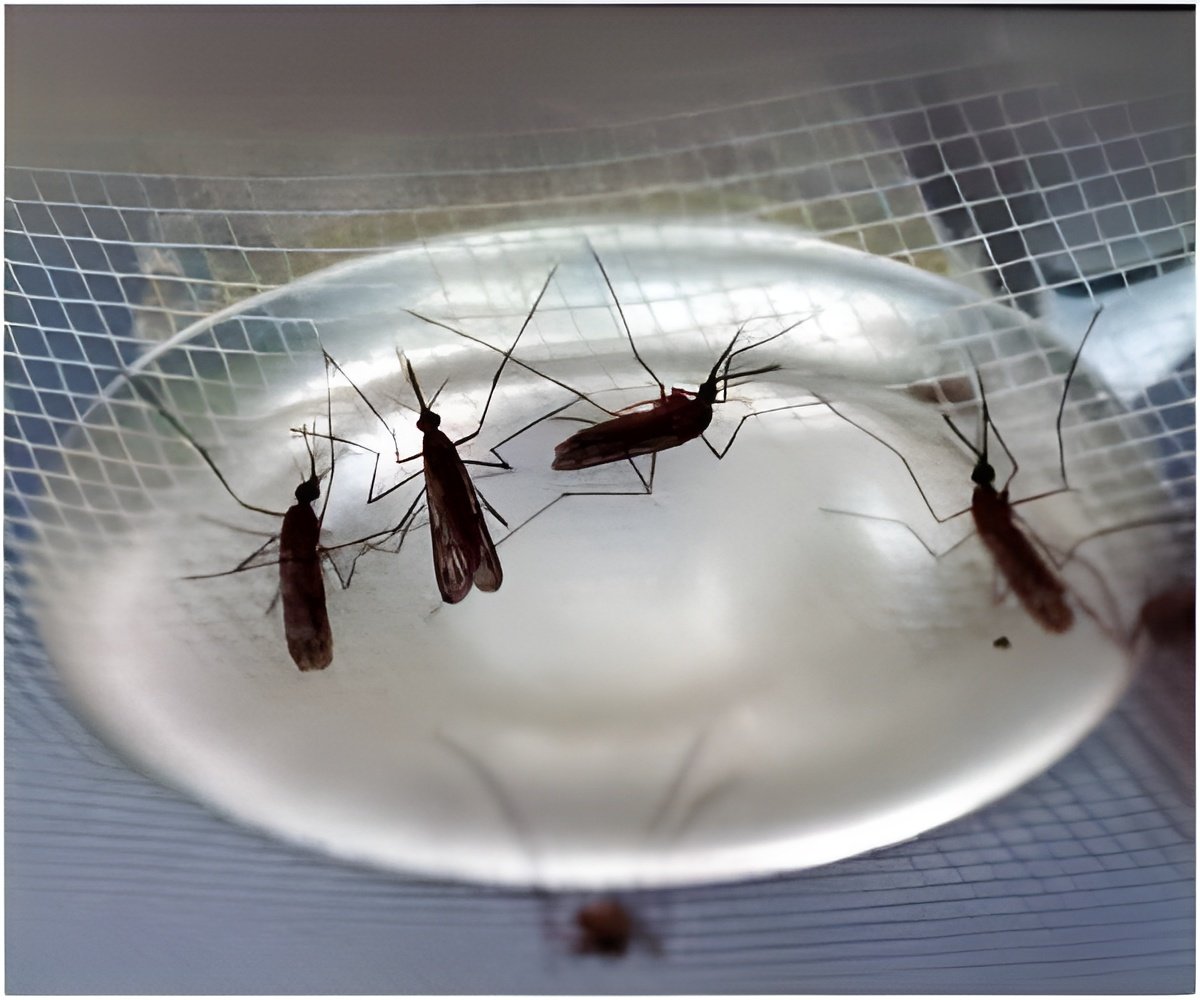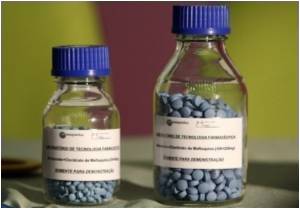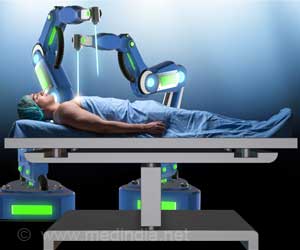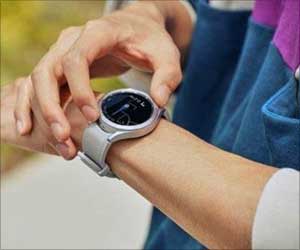
UBC researcher Hongshen Ma and his team designed a "lab on a chip" device to better understand the changes in red blood cells caused by Plasmodium falciparum, the most common species of malaria parasites.
Ma explained the device will help those conducting laboratory research or clinical trials evaluate the efficacy of different compounds in treating malaria - a disease that currently affects 500 million people per year worldwide and claims a million lives.
"Our results show that it's possible to precisely measure the stiffening of red blood cells caused by the parasite at various stages of infection," said Ma, assistant professor in the UBC departments of mechanical engineering and urologic sciences, and senior research scientist at the Vancouver Prostate Center.
Normal human red blood cells must squeeze through capillaries many times smaller than their own diameter in order to deliver oxygen to all tissues in the body. Red blood cells infected with malaria gradually lose this capability, which disrupts blood flow, causing failure of vital organs and eventually death.
Measuring 2? x 1? (50 cm x 25 cm), Ma's microfluidic device deforms single red blood cells through a series of funnel-shaped constrictions. The pressure required to push the cell through each constriction is measured and then used to calculate the cell's deformability.
Advertisement
Ma noted that although there has been considerable research on the biomechanics of malaria, "current methods to measure red cell deformability are either too complex to be used in clinical settings or are not sensitive enough."
Advertisement
The findings appear in the current issue of the journal Lab on a Chip.
Source-ANI









